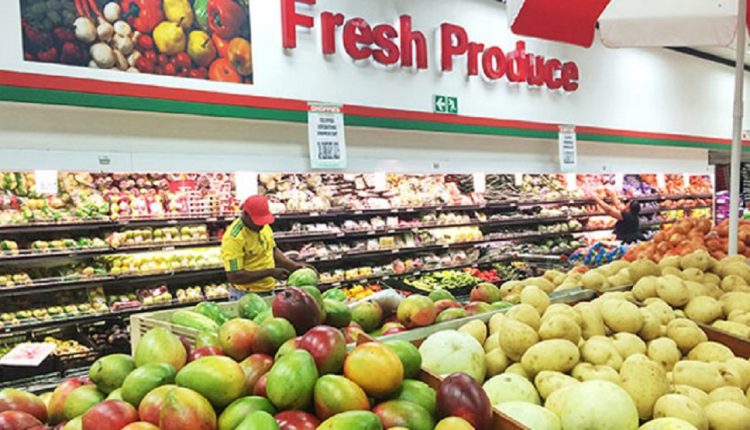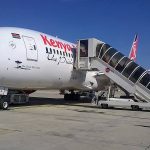Not since uncertainty hung like a sword of Damocles over the country during the 2017 extended electioneering period has it been this expensive to live in Kenya.
Driven by rising food prices, inflation during the month of April leaped to 6.58%, the first time the cost of living rate had breached the 6% mark in 19 months.
Food prices jumped 6.86% as against the previous recorded period, and was an 8% rise from the same period last year.
The food and non-alcoholic drink index covers the largest percentage of the measuring basket (36.04%) hence its effect on the cost of living.
Kenya National Bureau of Statistics (KNBS) said the high cost of food prices was brought about by the faltering long rains in Kenya.
“… this increase was mainly due to drought conditions which prevailed in the better part of April 2019 causing upsurge in the costs of some foodstuffs,” the KNBS report said.
Sifted maize flour (2kg) for example increased nearly 30% to retail at Ksh112. It was at Ksh86.47 in March although in April 2019, the food item sold for an average of Ksh124.
Sukuma wiki jumped to Ksh66.40 per kilo while the same amount of potatoes were worth Ksh97.89. Both were higher than similar average prices recorded during the previous month as well as year on year.
Tomatoes, at Ksh104.05 per kilo, jumped from Ksh90.23 in March and cabbages and spinach also rose to Ksh46.59 and Ksh70.54 per kilo respectively.
“However, prices of sugar and some other food items were observed to be lower in April 2019 than in March 2019,” the statistics office added. (Sugar declined 12.59% to retail at Ksh102.55 per kg.).
Inflation was also raised by higher cost of some house rents and electricity which led to housing, water electricity, gas and other fuels’ indices increasing by 0.93% in April compared to March 2019.
Fifty kilowatt hours of electricity ranged at Ksh778.73 while for the 200KwH, one needs to pay an average of Ksh4,518.50.
Rent for a one roomed house now costs an average of Ksh4,486.83.
“The Transport Index increased by 0.86 per cent, mainly on account of increase in pump prices of petrol and diesel.” KNBS added.
Inflation rate, alongside the consumer price index, is calculated during the second and third weeks of the month, with prices being obtained from selected retail outlets in 25 data collection zones in Nairobi and in 13 other urban centers.
Even though April’s inflation was the highest since September 2017, the cost of a large number of individual commodities measured were higher than those of when the country was preparing for a repeat election.






![President William Ruto during the launch of Climate WorX in Nairobi. [Photo/PCS]](https://businesstoday.co.ke/wp-content/uploads/2024/10/President-William-Ruto-during-the-launch-of-Climate-WorX-in-Nairobi-1-e1727761613802.png)






2 Comments